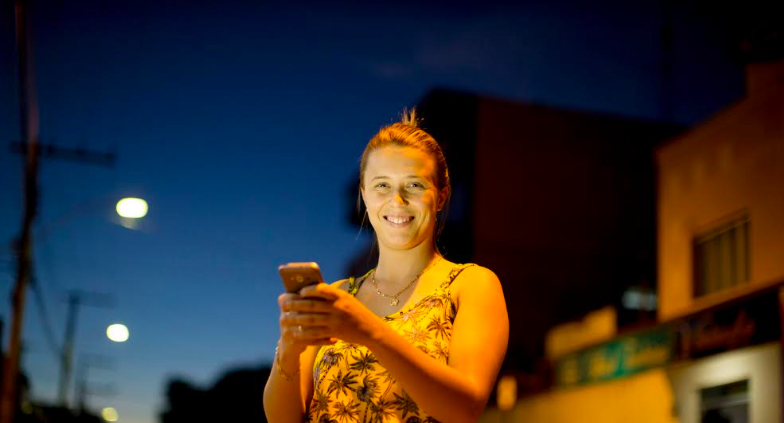UNICEF’s Open Source Approach to Innovation

Yesterday, DPGA Co-Founder UNICEF published this article outlining UNICEF’s various tools and platforms that operationalise its commitment to open source.
Please find an excerpt below.
UNICEF has a 70-year history of innovating for children and believes that new approaches, partnerships and technologies that support the realization of children’s rights are critical to improving their lives.
As recognised in the UN Secretary-General’s Roadmap for Digital Cooperation Report in June 2020, digital public goods – defined as “open source software, open data, open AI models, open standards and open content” have a critical role in accelerating achievement of the Sustainable Development Goals (SDGs).
UNICEF along with the Governments of Norway and Sierra Leone, and the India-based think tank iSPIRT have jointly established the Digital Public Goods Alliance, a multi-stakeholder initiative to accelerate the attainment of the sustainable development goals in low- and middle-income countries by facilitating the discovery, development, use of, and investment in digital public goods. The DPGA is an effort to convene a network of partners from different sectors that will contribute to the identification, support, scale-up, and use of software, data, and algorithms that can advance humanity.
As partners explore and scale efforts on digital public goods, UNICEF is sharing its experience in setting up operational processes and tools to support and build open source across all of it’s work.
Continue reading here: https://www.unicef.org/innovation/stories/unicefs-open-source-approach-innovation